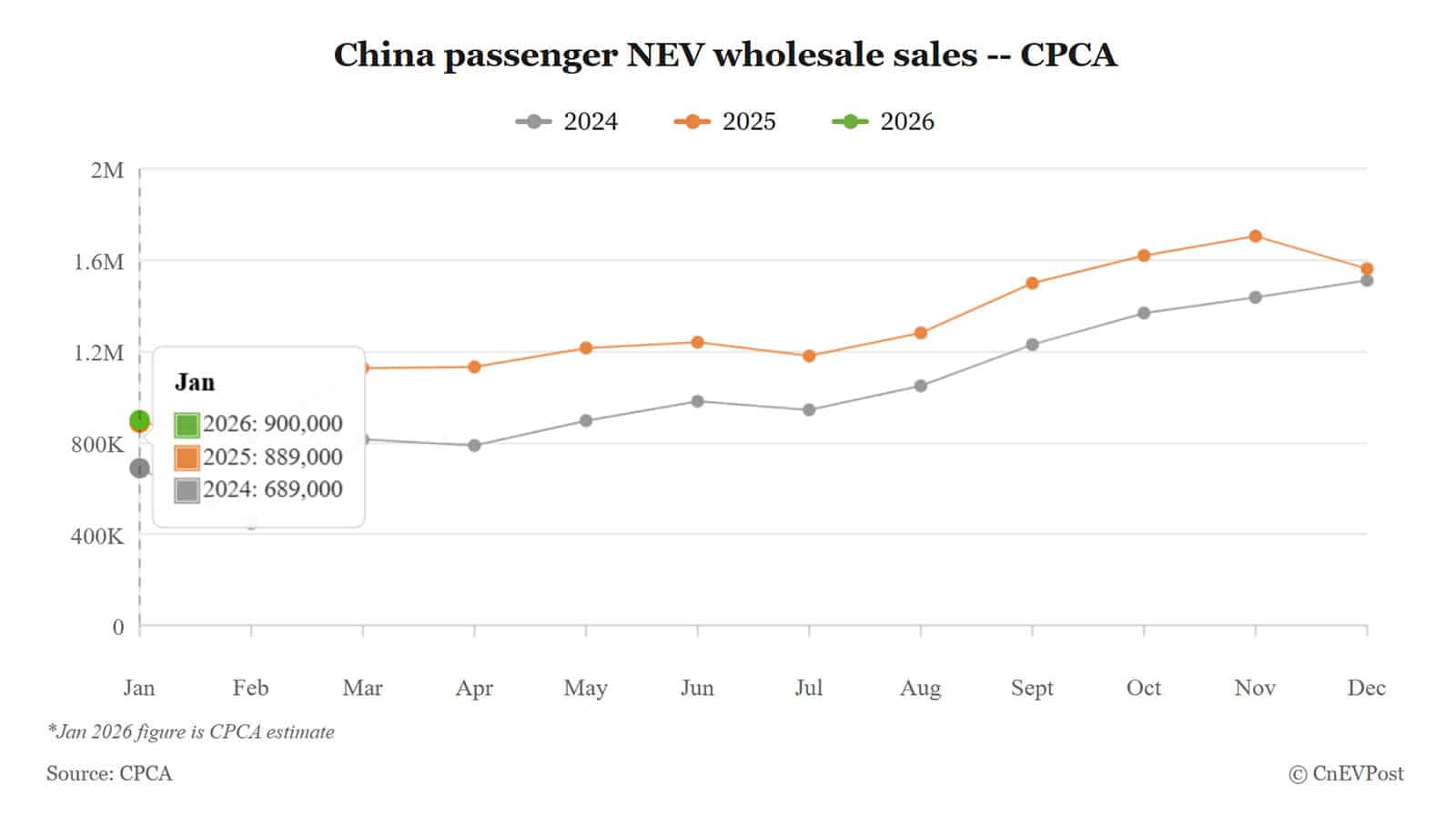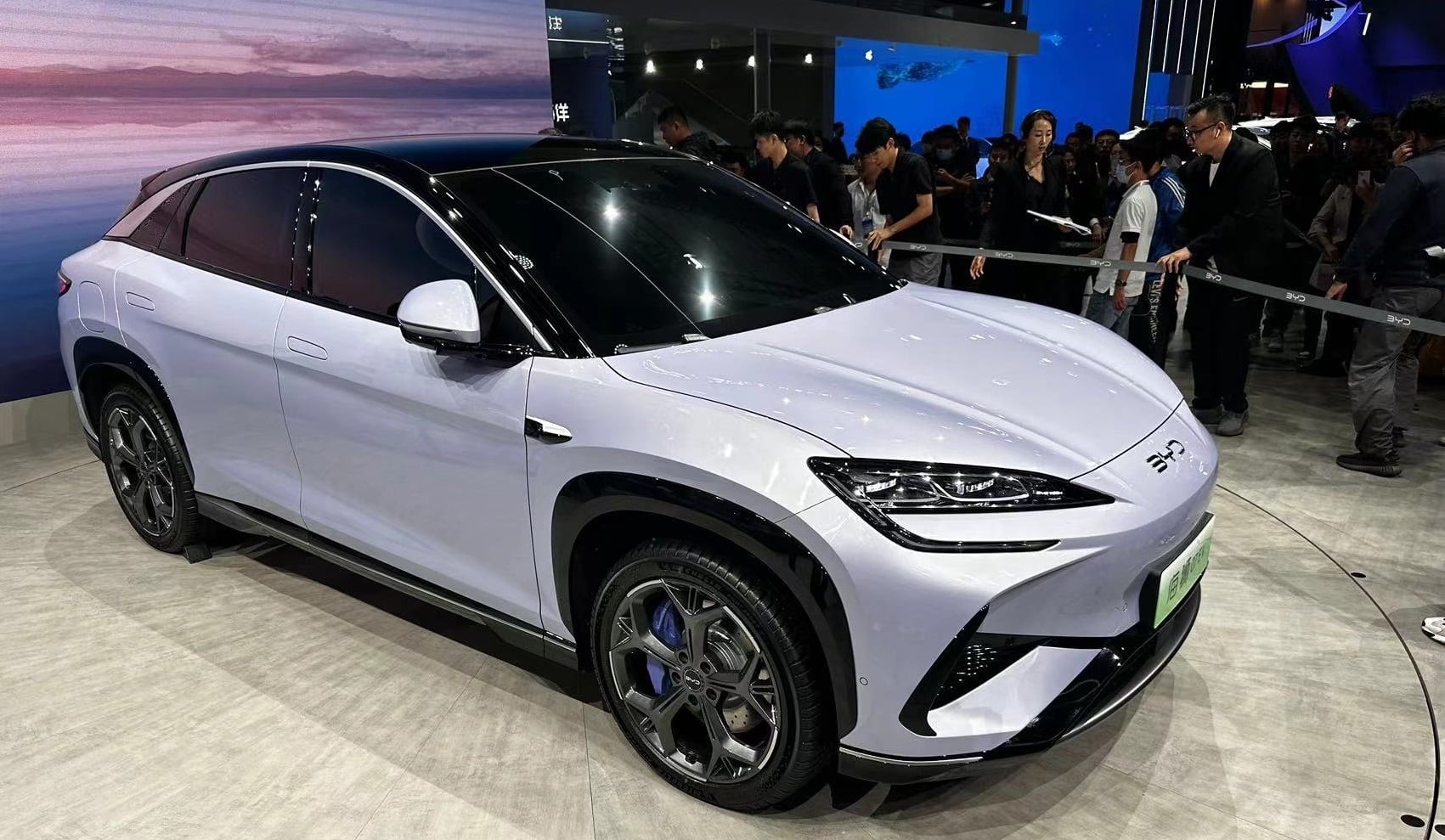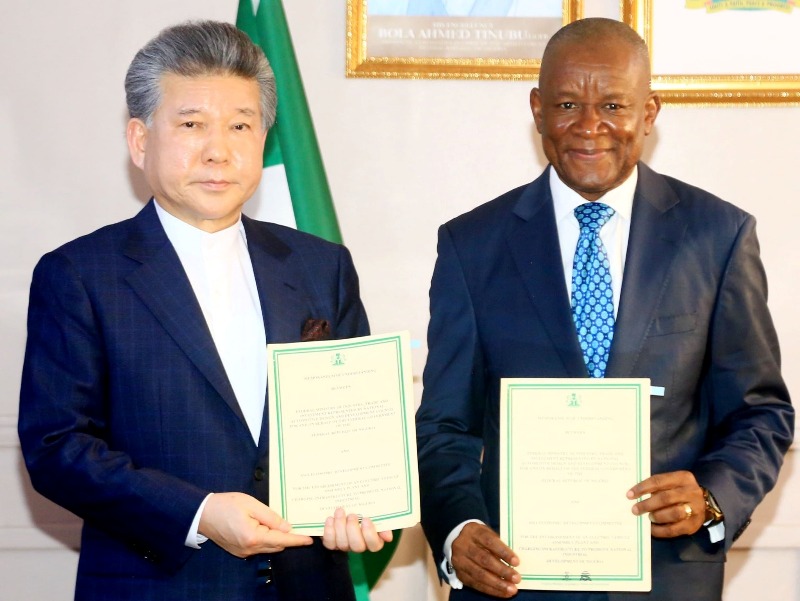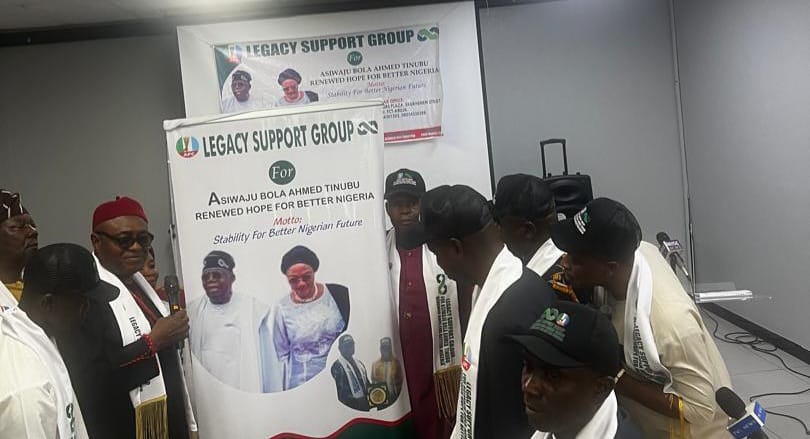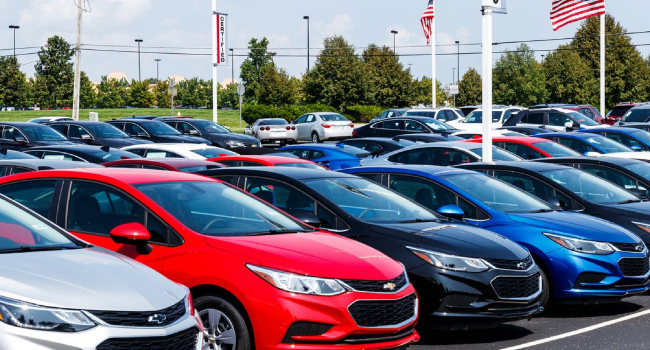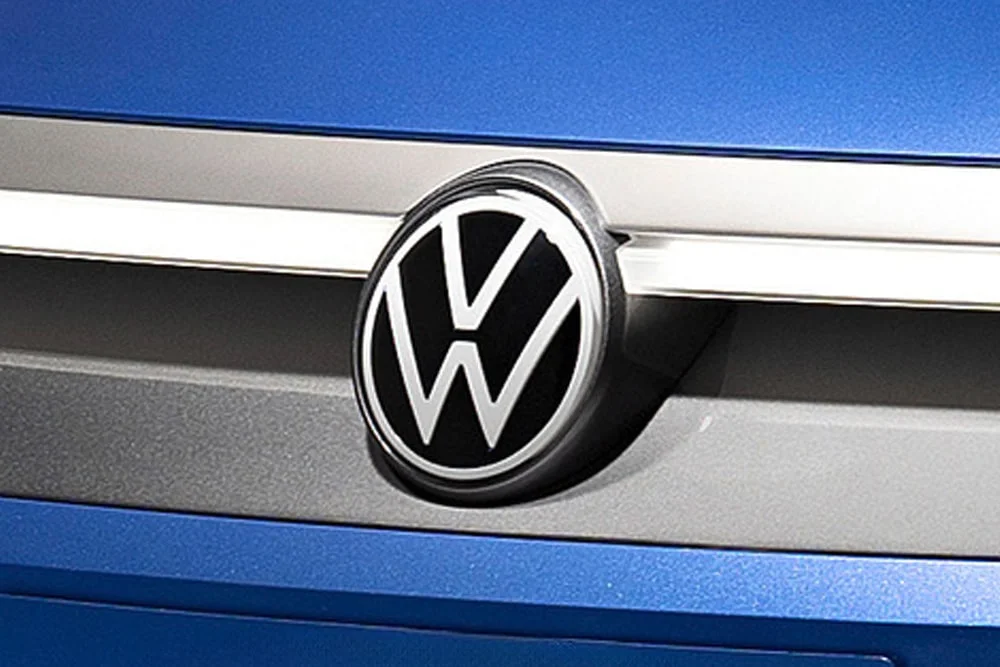
Volkswagen Group is facing significant financial challenges as the company reportedly falls short of its savings targets by several billion euros, prompting top management to consider drastic measures, including potential plant closures and job cuts. The automaker, which has been struggling with rising material costs and weak market performance, is now confronted with a financial gap that could amount to as much as five billion euros.
Initially reported as a three-billion-euro shortfall, the situation has escalated, with Der Spiegel revealing that the financial plan for Volkswagen and VW Commercial Vehicles brands is currently missing between four to five billion euros. Several factors contribute to this shortfall, including increased material costs, reduced consumer spending on high-margin optional extras, and the lower profitability of electric vehicles (EVs), which are becoming a more significant part of Volkswagen’s lineup.
During a recent management meeting, VW brand boss Thomas Schäfer acknowledged the severity of the financial situation, stressing the need for further cost-cutting measures to protect the brand from potential losses. The escalation in the cost-cutting program has led to tensions between VW management and the General Works Council, the latter expressing strong opposition to the proposed measures.
The Works Council disclosed that VW’s management is considering canceling at least one major vehicle plant and a component factory in Germany. Additionally, product commitments, such as the planned compact-class electric SUV for 2026 from the Wolfsburg plant, may be scrapped. The company has also announced the cancellation of a job security agreement that was supposed to last until 2029, indicating that more drastic workforce reductions could be on the horizon, including potential plant closures.
While the exact locations for potential cuts remain unclear, speculation surrounds several key sites. The MEB plant in Zwickau, the Transparent Factory in Dresden, and the component plant in Kassel are among those that could be affected. However, local plants in Wolfsburg, Hanover, Emden, and other locations in Lower Saxony, where the state holds a 20 percent voting right, are considered less vulnerable due to political protections.
The smallest of VW’s vehicle plants, the Emden facility, which produces the ID.4 and ID.7 models, is set to become an exclusively battery-electric plant by 2025. Despite its significance, Emden’s future could also be in jeopardy, depending on the outcome of ongoing discussions. Additionally, the sale of the Osnabrück components plant has been rumored, although closure has not been previously mentioned.
In response to these developments, the VW Works Council has issued strong statements condemning the management’s approach. Daniela Cavallo, Chair of the Works Council, accused the Board of Management of undermining the core VW brand and vowed fierce resistance from the employees. The situation remains tense as Volkswagen navigates the financial pressures exacerbated by the ongoing transition to electric mobility.



